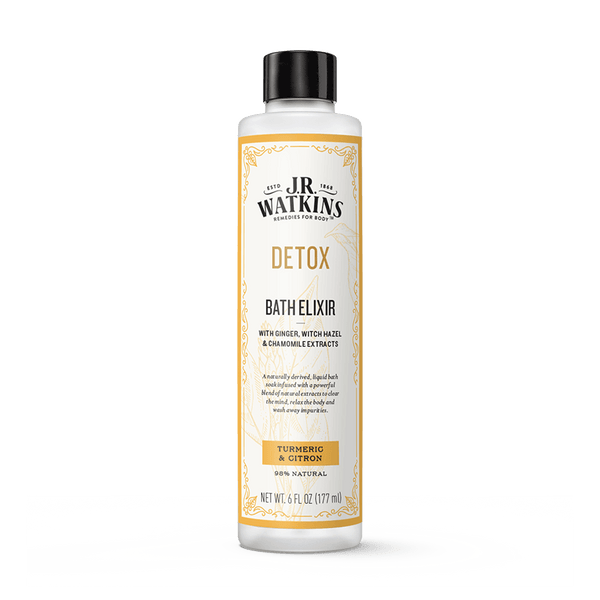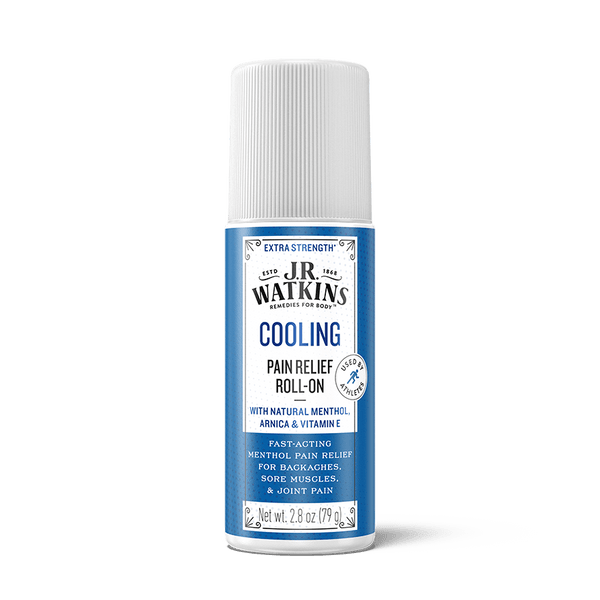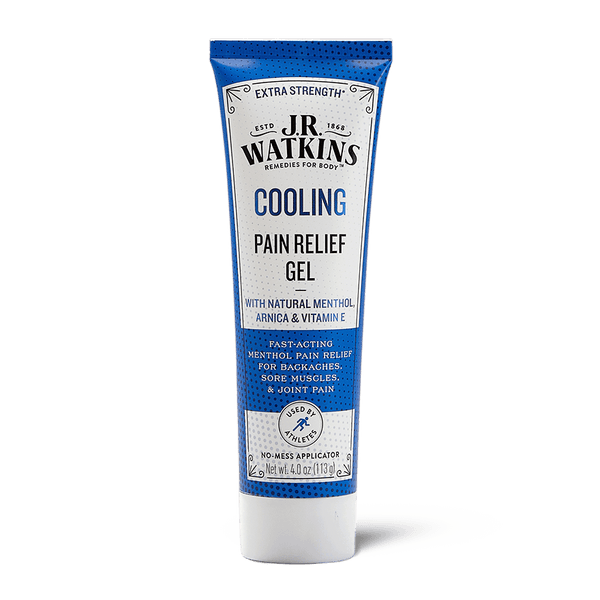Wellness | January 28, 2021
3-Step Recovery Routine to Reducing Downtime Between Workouts

There is no better feeling than the endorphin high that follows a good workout. Whether you love to lace up for an early morning run or are more into barbells and burpees with a motivating playlist, making movement a regular practice is oh-so-important for your overall health. The Centers for Disease Control and Prevention (CDC) recommend 150 minutes of moderate intensity activity each week, which is around 30 minutes five times a week. Logging those sweat sessions can reduce your risk for heart disease, cancer, and type 2 diabetes, and help you strengthen your bones and muscles. Not to mention, those mood-boosting endorphins.
However, if you’re not giving your body the TLC it needs after a stellar sweat then you could be making a major misstep. Making post-workout recovery part of your ritual can help soothe sore muscles and reduce down time between workouts altogether. Here are three expert-backed tips to recover better from sweat to sweat.
STEP NO. 1: TAKE TIME OFF
It's easy to get into a go-go-go mentality, especially at the beginning of the year. But you need to make sure that you're giving your body the rest it needs in order to repair itself. When you work out, you create tiny tears in your muscles that cause inflammation. Your body needs around 48 hours to repair these tears, which is why you've likely heard people refer to "leg day" and "arm day". By focusing on different groups of muscles each workout, you are giving the other areas time to repair. So, if you were to do a heavy arm workout on a Monday, you may want to lean into legs or core come Tuesday and Wednesday. As the muscles repair themselves, they come back stronger for the next session. A helpful way to stave off additional soreness? J.R. Watkins COOLING Gel for deep muscle relief.
STEP NO. 2: INCLUDE ACTIVE RECOVERY
Active recovery is exactly what it sounds like. Instead of just resting on your "off" days, you add in light movements, stretching, and/or foam rolling which all aid in the muscle recovery process. If you've just started to add more movement into your lifestyle, this can feel really demanding so it's especially important to touch base with a professional, like a trainer over Zoom or when safe to do so, in-person, and also adjust the intensity of your active recovery practice for your body. For example: Someone who runs multiple miles day after day may benefit from an active recovery session of a light bike ride, and someone who loves strength training could supplement their routine with yoga. Remember: You shouldn’t be drastically straining yourself during active recovery.
Nearly everyone can benefit from foam rolling, as it helps massage sore muscles, and can even help your improve strength and speed when you combine it with dynamic warm ups, according to a study published in the Journal of Athletic Training.
STEP NO. 3: MAKE TIME FOR GRATITUDE
Just like your go-to cardio workout, how you practice gratitude in your day-to-day may be different than the next person. For some, practicing gratitude looks like journaling, and for others maybe it's verbal affirmations. However it's done, being grateful can actually help your body heal faster, according to research. The benefits of gratitude don't stop at the physical—psychology consistently shows that gratitude is linked to greater happiness.
Thankfully, you don't have to set aside a ton of time in your already-busy day for this practice. You can weave it into an existing self-care ritual, like the 20 minutes you spend with your phone on do not disturb or the calming bath you take before bed (topped with a hint of J.R. Watkins Bath Elixir). Or set aside five minutes at either the beginning or the end of each day to write down what you are grateful for.
OTHER RECOVERY TOOLS THAT CAN HELP YOU ON YOUR WAY:











